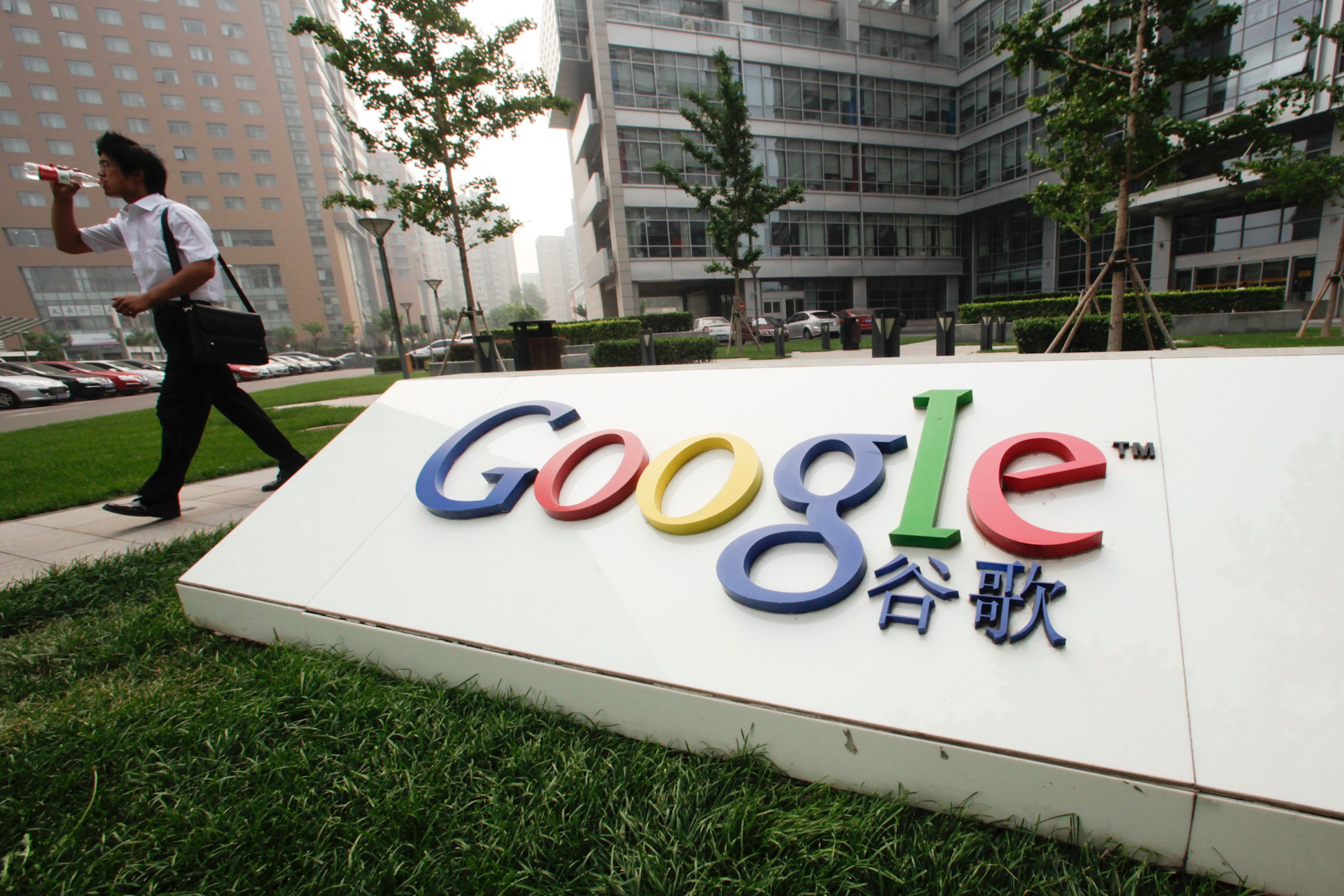
It’s widely known that the Chinese government has long exerted tight control over Internet access on the mainland, deploying an extensive apparatus to regulate what its citizens can read and publish on the web. The Chinese authorities employed more than 2 million people in 2013 to monitor web activity on blogs and social media sites like the wildly popular social media site Weibo, and blocks access to topics it deems sensitive, like the Free Tibet movement, for instance, and democratic activism.
But ahead of the 25th anniversary of the Tiananmen Square massacre, Chinese authorities are cracking down even further on news outlets and search engines, blocking access to websites including Google and the Wall Street Journal. Wednesday marks 25 years since the Chinese army killed hundreds, perhaps thousands of students and protestors in Beijing, and the tightening of media control that followed. It’s part of the Chinese government’s concerted effort to limit information about the incipient pro-democratic movement that ended in bloodshed.
Here are 6 websites the Chinese government is currently blocking or restricting.
The activist blog GreatFire.org, which tracks web censorship in China, published a post Monday saying that Chinese authorities had blocked a variety of Google services in China. As of Monday, Google’s Chrome start page would not load, nor would many other Google sites like the Picasa photo program, Maps service and Calendar application, according to the New York Times. The GreatFire said that the block is far-reaching, and that Google simply isn’t working.
The block is indiscriminate as all Google services in all countries, encrypted or not, are now blocked in China. This blockage includes Google search, images, translate, Gmail and almost all other products. In addition, the block covers Google Hong Kong (China’s version of Google), Google.com and all other country specific versions, e.g Google France…. It is the strictest censorship ever deployed.
Google published a transparency report that showed traffic in China slowed dramatically beginning Sunday, with users of Google’s products in China reduced to little more than half of the country’s usual overall share of worldwide users. Google told the Wall Street Journal that there were no technical problems with its website.
“We’ve checked extensively and there are no technical problems on our side,” a Google spokeswoman said.
Wikipedia
The Chinese government has long blocked Wikipedia pages it deems fishy, including “Dalai Lama,” and “Tibetan Independence Movement” as well as “List of Chinese Dissidents,” and “Chinese democracy movement.” Now is as good a time as any for the Chinese authorities to make sure no one searches “Tiananmen Mothers,” the democracy activist groups founded by the mother of a protestor killed 25 years ago.
The Wall Street Journal
The Journal, which has recently been ramping up its China coverage, is the latest news source to fall victim to the Chinese censors’ axe. Dow Jones, which publishes the Journal, said that the English language site had been blocked since Monday, and the Chinese language site had been blocked since Saturday.
RedTube.com
The government’s “stability maintenance” program has sucked pornographic websites into the mix as well, and RedTube.com is one of the websites that is inaccessible. According to GreatFire, the website is blocked 97% of the time its been tested in China. Pornography in every form has never been welcome in China, however, and the government has blocked magazines and video content for over sixty years.
The professional networking site just experienced the imposition of local censorship requirements in China, according to the Journal, after setting up a localized version of LinkedIn in China earlier this year.
Facebook has been blocked in China for years as it’s viewed suspiciously as a place to freely disseminate ideas. China earlier this year that it was blocking the wildly popular social media website for its “ability to spread rumors” and instead placates its social media-hungry masses with Weibo, a homegrown service it can more easily censor.
More Must-Reads from TIME
- Inside Elon Musk’s War on Washington
- Meet the 2025 Women of the Year
- Why Do More Young Adults Have Cancer?
- Colman Domingo Leads With Radical Love
- 11 New Books to Read in Februar
- How to Get Better at Doing Things Alone
- Cecily Strong on Goober the Clown
- Column: The Rise of America’s Broligarchy
Contact us at letters@time.com